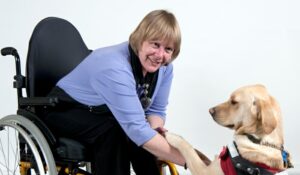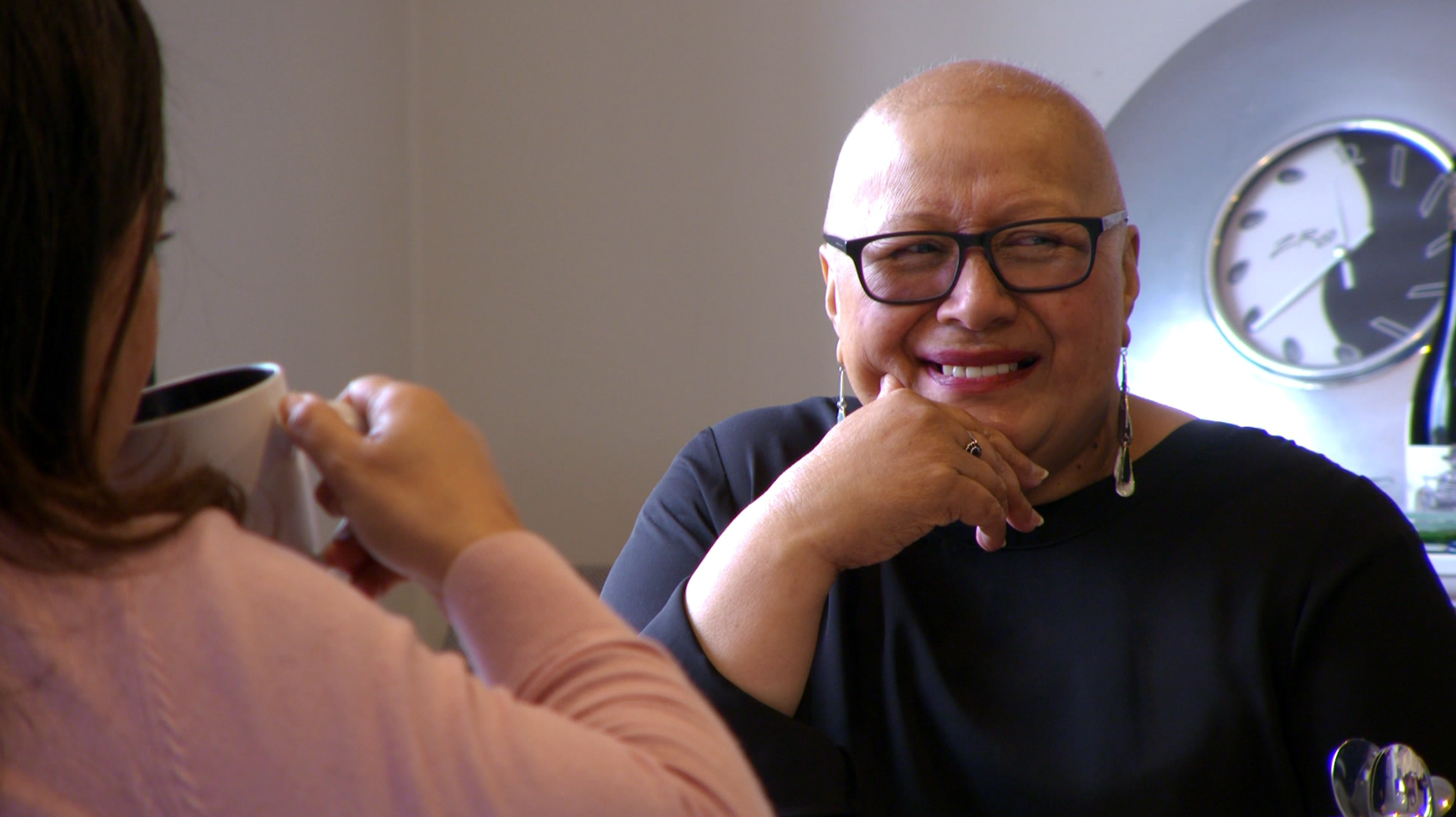Public Interest Journalism funded through NZ On Air
Concerns have been raised that people with disabilities are being excluded from the workforce outside of the disability sector.
Despite 1 in 4 people in New Zealand identifying as having a disability, many workplaces are often apprehensive to hire these workers. According to Stats NZ, just 42.5 percent of people with disabilities aged 15 – 64 were employed in the June 2021 quarter in comparison to 78.9 percent of non-disabled adults in the same age group.
Lavinia Lovo, who has Samoan and Tongan heritage and has spina bifida, said she never felt supported transitioning into employment from school.
Being the only disabled person in mainstream classes, she said the “possibility of being employed was never talked about so I never really dreamed that it was possible to earn my own money.”
Now a project coordinator, she said having an employer that is open-minded and “willing to adjust to their employee skillset rather than what ‘looks broken’” has allowed her to flourish at her workplace.
Dan Buckingham, CEO of Able, who has a spinal cord injury, knows he’s “been in a very privileged position” to get to where he is today.
“I’ve been in workplaces that have been very disability-focussed and disability-led… I come from such a place of having the road paved for me by other leaders in the community.”
However, he notes that there are only so many roles in the disability sector.
“The dream is to see people with disabilities working in jobs that have nothing to do with disability.”
The public perception of disability limited to those in wheelchairs is one reason Buckingham thinks the community is being excluded. “People think ‘Yeah a wheelchair can fit in our office, so we only need an accessible building and universal design,” he said.
“But if you look at the breadth of people who live with disabilities and the different challenges and nuances of each, there is a lot more that goes into it… Intellectual, physical, mental health, sensory, neurodivergent – each of these come with such different supports.”

Genevieve McLachlan, who has cerebral palsy and a vision impairment, owner of Adaptive Technology Solutions, works to improve the access needs of people with disabilities in the workplace. McLachlan said there are many myths about hiring disabled people, particularly around the costs of adaptations and accessibility.
She said one of the main myths is that employers “often look at hiring disabled employees like it’s going to be too hard and that’s because in a lot of cases they think they have to solve the problem.”
But her company Adaptive Technology Solutions takes care of this by identifying the technology needs of workers and makes recommendations for funding to ACC or Workbridge.
McLachlan believes employers need to “just think outside the square and talk to the person… As people with disabilities, because we’ve had to be creative all our lives, we’ve got the solutions.”
Minister for Disability Issues Poto Williams said that while the number of people with disabilities unemployed is falling, there is still more to do.
“The new Ministry for Disabled People will be a key part of helping create a system which works for the people who need it most.”












